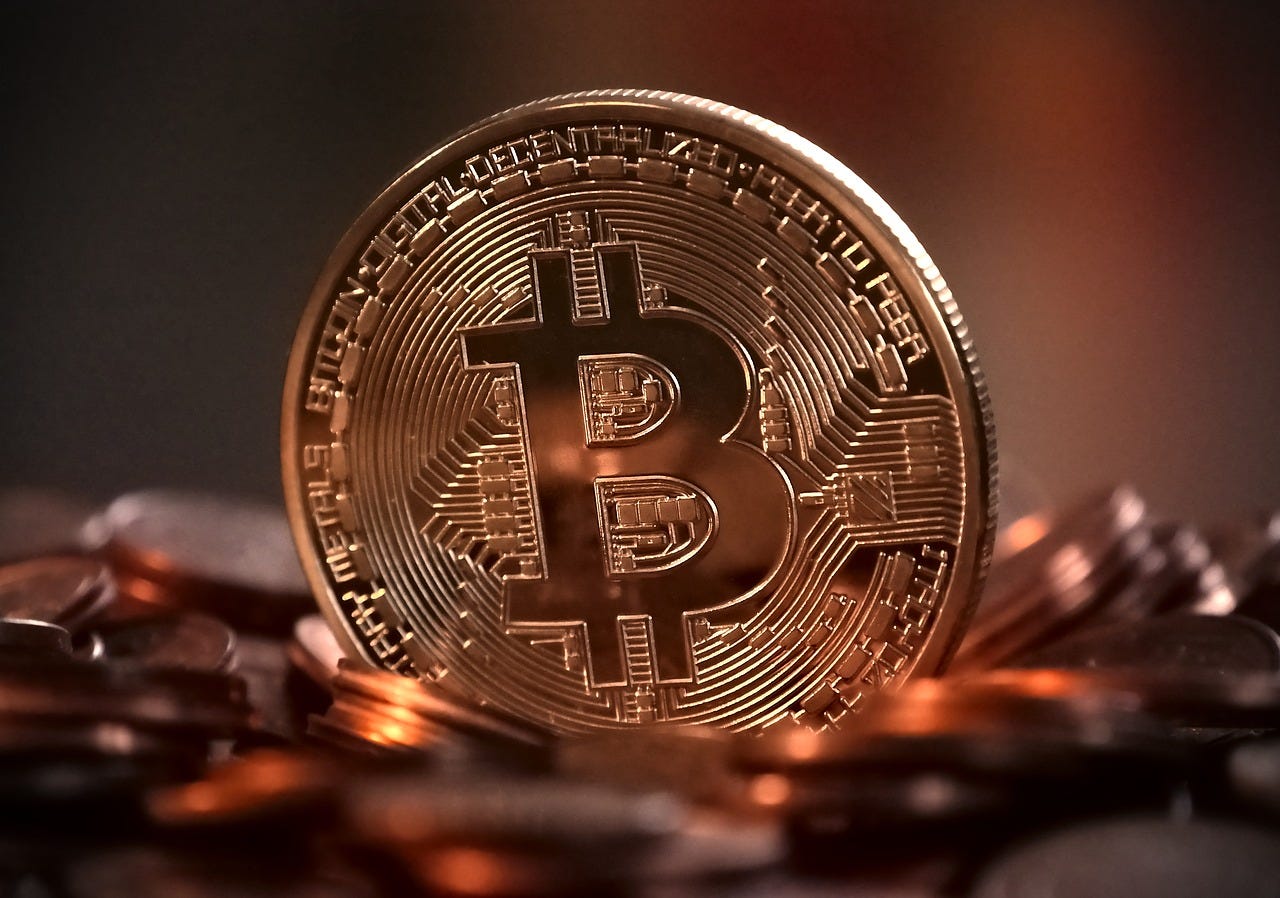Vietnam bans payments in Bitcoin and other cryptocurrencies


The State Bank of Vietnam has ruled that cryptocurrency, including Bitcoin, is not a legal method of payment.
Last week, the central financial authority issued a statement (translated) which decrees that cryptocurrency is now considered an illegal non-cash payment method.
Featured
Checks, payment orders, collection orders, bank cards, goods, and a select few payment instruments considered acceptable by the State Bank may still be used, but cryptocurrency is now officially an "illegal means of payment."
The government will no longer allow payments to be made in cryptocurrency, and the issue, supply, or use of Bitcoin -- or other digital currency types -- is prohibited.
If law enforcement catch payments being made or accepted in cryptocurrency, the parties involved can be subjected to a fine of between VND 150 million and 200 million, or roughly $6000 -- $9000.
"As of January 1, 2018, the act of issuing, using, or using illegal means of payment (including Bitcoin and other similar virtual currency) may be subject to prosecution," the notice reads.
The changes are based on orders from Vietnamese Prime Minister Nguyen Xuan Phuc, issued earlier this year, to develop a legal framework to control cryptocurrency.
There is no reason given for the ban in the notice, but it is potentially due to a clash between traditional financial banking structures and modern, alternative offerings based on the blockchain and cryptocurrency.
Vietnam appears to be emulating China's clampdown on virtual currency, of which the country banned cryptocurrency Initial Coin Offerings (ICOs) in September for "disrupting financial order."
The move also appears to be similar to activity in Indonesia. Earlier this month, Bank Indonesia (BI) Governor Agus Martowardojo said that Bitcoin is not a valid form of payment in the country and users of the cryptocurrency "would be dealt with."
However, not every financial institution reflects this attitude. In August, Swiss private banking group Falcon Private Bank said they are creating a framework for consumers to trade Ether (ETH), Litecoin (LTC), Bitcoin (BTC), and Bitcoin Cash (BCH).
See also: JPMorgan calls Bitcoin 'fraud' only for use by criminals and North Koreans
While China is attempting to smother cryptocurrency exchanges and new services, Vietnam has not gone quite as far -- yet.
The bank's ruling does leave mining and the use of blockchain technologies alone, and so traders in the area can still operate as long as they do not use their proceeds to buy or sell products. It appears that should virtual currency be converted into traditional currency first, this may be acceptable.
How blockchain technology can transform our world
Previous and related coverage
New, imminent Bitcoin Gold fork met with skepticism
The proposed fork will create a new blockchain to trade the digital currency, but not everyone is convinced.
JPMorgan calls Bitcoin 'fraud' only for use by criminals and North Koreans
JPMorgan boss Jamie Dimon has not minced his words when it comes to the cryptocurrency.
Bitcoin launches into space to boost trading worldwide
The cryptocurrency has left our shores to join the world of satellites.